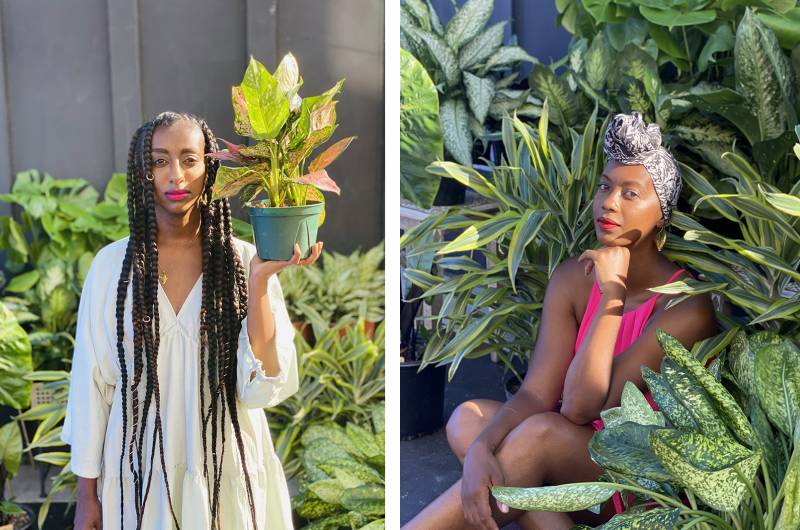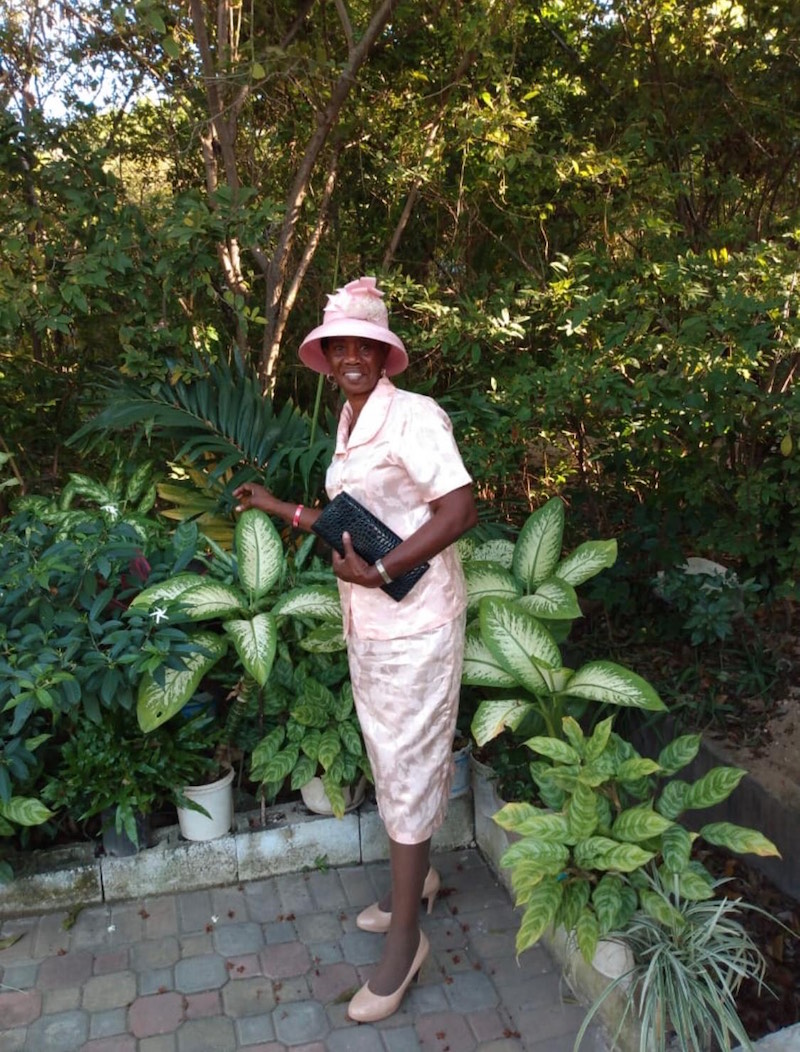Teaching poetry to high school students virtually has its challenges. Kids are having a hard time with their mental health, for starters. So I begin with a check-in question, “If you could be any kind of plant, what would you be and why?” After the initial giggles subside (most students choose marijuana, of course), I get some nuanced answers. Students share their interest in aloe vera and love of lavender. Suddenly, we’re all smelling similar scents, which transport us to distant memories. Now we can write our poems.
People, like plants, deserve rich soil from which to grow. A recent surge in plant collecting, particularly among Black people, might be traced to a desire to invite the natural world into the home space, cultivating vital sanctuary amid the grief and uncertainty of this time.
After Kalkidan Gebreyohannes and J’Maica Roxanne decided to turn their shared passion for plant collecting into a business venture, they began setting the groundwork for Blk Girls Green House. Located at Martin Luther King Jr. Way and 32nd Street in West Oakland, the 1500-square-foot, outdoor plant nursery showcases the duo’s talent for interior design, with bursts of emerald leaves surrounding a greenhouse structure that shelters fiddle leaf figs and other trees. It opened in early August, and currently allows shopping for house plants and home goods by appointment.




